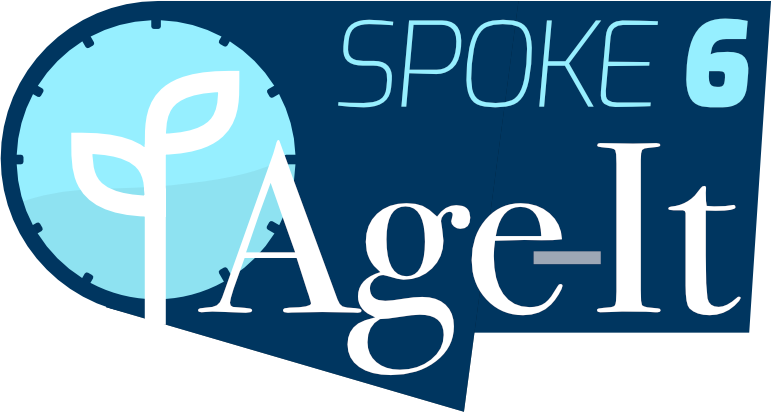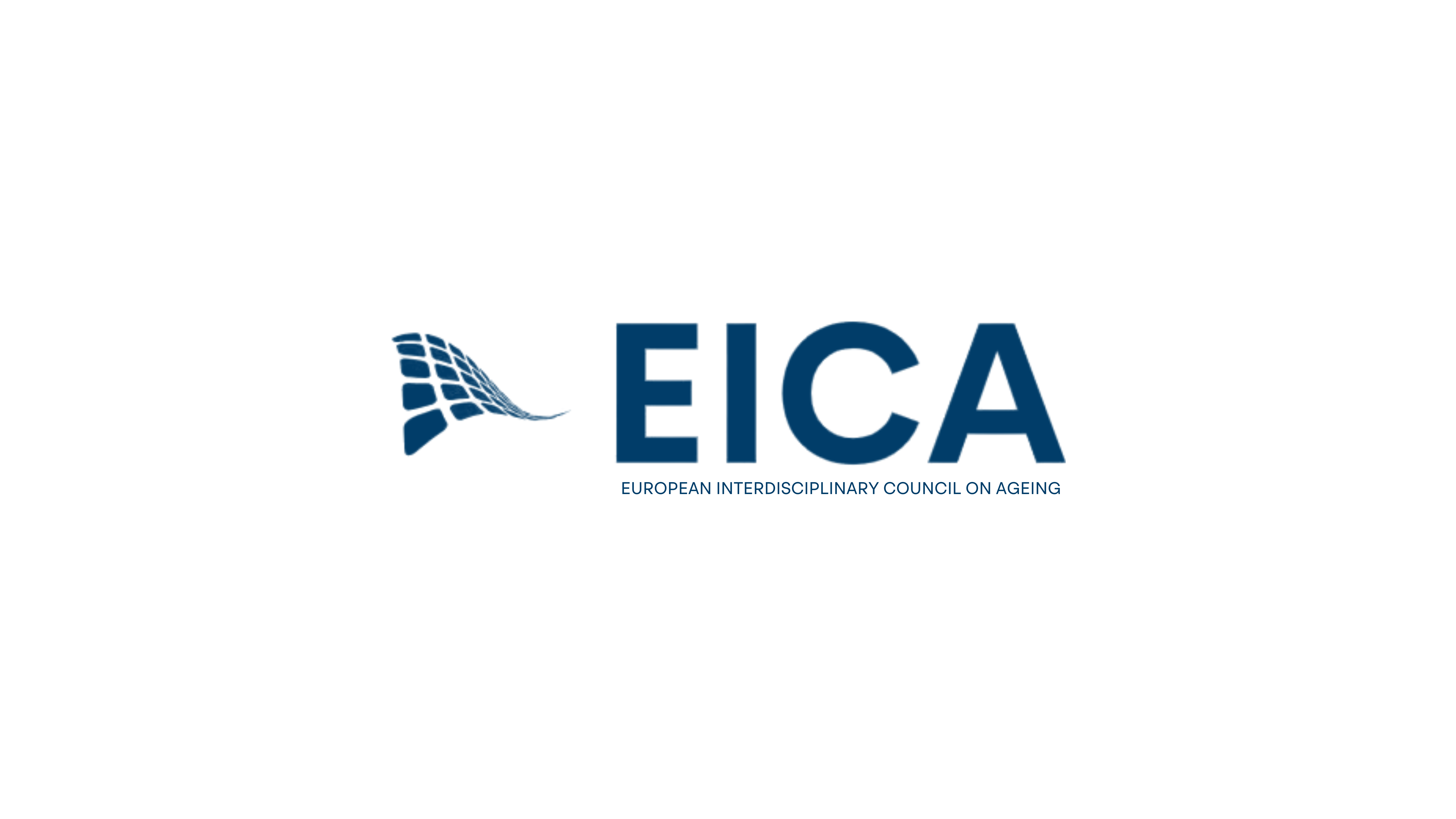Longevity: mutual support across generations
June 8-12, 2026
13th edition
Call for applications: opening soon
VIU Scientific Coordinator: Agar Brugiavini, Ca’ Foscari University of Venice & Venice International University (VIU)
In 2026 the Summer Institute on Ageing will reach its 13th edition. The focus is on "Longevity: mutual support across generations". The program provides students and early-career researchers with a multidisciplinary and rigorous understanding of the ageing process, ranging from some basic notions of the medical and epidemiological literature, to key concepts in the economics and sociology of ageing.
This edition of the Summer Institute will present four days of lectures, testimonials and hands-on sessions with distinguished scholars and leading experts (June 8-11), plus one day devoted to presentations by students and discussions of scientific papers (June 12).
Organizing Committee:
Marco Bertoni, Agar Brugiavini, Danilo Cavapozzi, Stefania Maggi, Jürgen Maurer, Giacomo Pasini, Guglielmo Weber.
Further information regarding the topical focus and the scientists and researchers contributing to the 2026 Summer Institute on Ageing will soon be available.
Contributing member universities:
- Ca’ Foscari University of Venice
- National Research Council of Italy
- University of Lausanne
- University of Padua
What are the main activities?
- Presentations by leading scholars in the fields of economics, geriatrics, epidemiology, public health, and demography;
- Hands-on sessions: presentation of the survey data on ageing available to the scientific community focusing on datasets such as SHARE;
- Poster sessions and other activities: discussing the participants’ research with the senior scholars.
What’s special about the Institute?
Attending the school means you will develop your transversal skills as the approach is multidisciplinary, and those who have a specific economic or sociological background will learn more about medical advances in ageing research, acquiring the specific language in which MDs deal with these issues as well.
High-level policymakers or officials who may also take part in this program will be able to learn how to connect issues between the health dimension and the economic dimension of ageing.
Learning Outcomes
Participants will gain insights into the recent advances of research on the ageing process, from a multidisciplinary perspective. Furthermore, participants will take part in “hands-on” sessions where they will be trained on how to use the data behind the research efforts in this area. Participants will gain subject-related competences in handling large data sets on ageing, which contain relevant information on health and socio-economic conditions.
Who can apply?
PhD students, post-doc scholars and graduates in economics, statistics, social sciences and medicine, but also professionals active in the field of ageing.
What’s the relevance of the school?
The ageing of populations is a major global concern. Ageing processes are complex and involve several dimensions, from the health dimension to the socio-economic context. In order to achieve a better understanding of how to ensure healthy and successful ageing around the world, it is crucial to take account jointly of these different dimensions, and to develop health systems and welfare models that enhance the human development of ageing populations, including in resource-poor settings.
Future generations of researchers will have to address the challenge of ageing with a multidisciplinary background, both in their academic career and in operational activities, and in policy making as well. This is true also for firms (and managers) who will have to adjust to an ageing work force and to make the best of the skills that these workers will offer. It is clear that this research agenda has a huge impact on public finances, ranging from health care and long-term care spending, to pensions and Social Security.
Credits
A Certificate of attendance will be issued at the end of the course.
Number of ECTS equivalence: 2
Applications and Fees
A limited number of fee-waiver scholarships will be available in 2026.
Recipients of the fee-waiver scholarship will pay a registration fee only:
Students of VIU member universities: tbd
Students of non-VIU member universities: tbd
The fee waiver and registration fee will cover tuition, teaching materials, lunches in the VIU cafeteria and a social dinner.
Full Tuition and Registration Fee: tbd
Full Accommodation* Fee: tbd
Student participants will be responsible for covering their own travel expenses to and from Venice, local transportation, and evening meals.
*Accommodation will be in shared rooms on the San Servolo campus for 6 nights, with breakfast and including city tax.
Applicants must submit: the Application form, a brief research statement including candidate’s interests and a curriculum vitae with photo. To apply for the fee waiver, applicants must submit a motivation letter.
Co-organizers and Partners
The Summer Institute on Ageing is an initiative of VIU in partnership with its member universities and institutions Ca’ Foscari University of Venice, the National Research Council of Italy, the University of Lausanne, and the University of Padova.
This program is supported by the Age-It project, Spoke 6 “Silver economy. Work, participation, retirement and welfare”, funded by the NextGenerationEU fund of the European Union, via the Italian National Recovery and Resilience Fund (NRRF).
Contact and info:
VIU Ageing Program
Tel: (+39) 041 2719511
Email: ageing@univiu.org






























